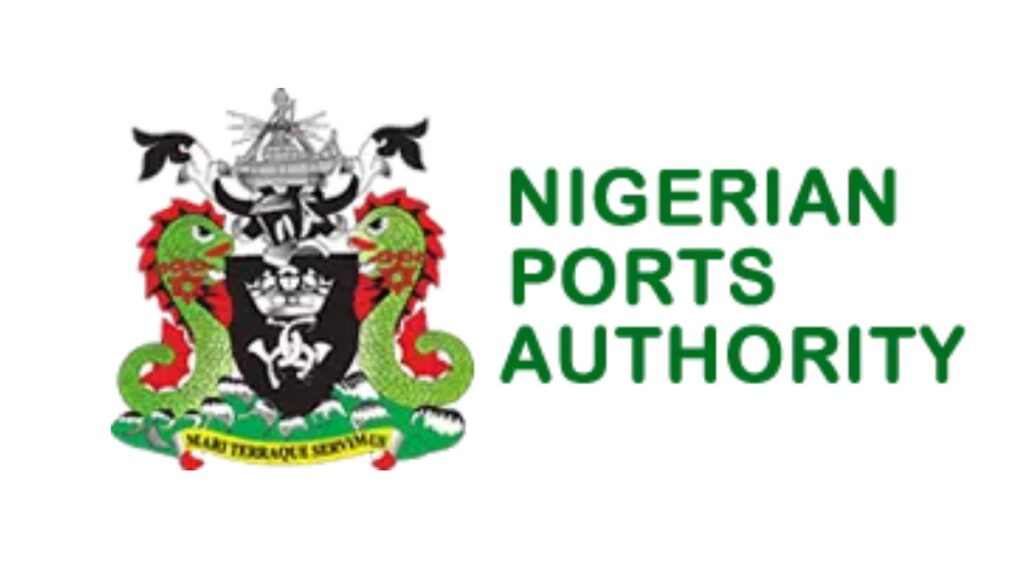
The Nigerian Ports Authority (NPA) has secured approval for a 15% tariff increase, the first adjustment in port charges since 1993, in a move aimed at enhancing the competitiveness and efficiency of the nation’s ports. However, the decision has met with resistance from manufacturers, who warn that it will exacerbate the already high operating costs in the country’s economic environment.
Olalekan Badmus, NPA’s Executive Director for Marine and Operations, disclosed the tariff increase during a stakeholders’ meeting in Lagos, where he represented Managing Director Abubakar Dantsoho. Badmus emphasized the importance of improving port efficiency and engaging stakeholders in decision-making processes to ensure that the changes benefit all parties involved.
A Necessary Adjustment for Port Competitiveness
According to Badmus, the tariff increase is necessary to address longstanding challenges such as aging infrastructure, obsolete equipment, and slow port expansion, which have hindered the nation’s port efficiency. He also stressed that global port authorities depend on operational revenue to maintain critical functions like infrastructure upkeep, channel dredging, port security, digitalization, and workforce development.
“This belated tariff review, borne out of necessity, is a critical step in Nigeria’s quest to regain lost cargo traffic and the economic benefits that come with it,” Badmus said.
Managing Director Dantsoho further explained that the tariff adjustment aims to position Nigerian ports as globally competitive trade hubs, contributing to long-term sustainability and economic growth. He also defended NPA’s position, noting that contrary to claims of high port costs, NPA’s tariffs remain among the lowest in the region. He attributed inefficiencies at the ports to factors such as excessive human interference, bureaucratic bottlenecks, and the absence of a Port Community System (PCS).
Manufacturers Raise Alarm Over Increased Costs
Despite the NPA’s rationale, the Apapa Chapter of the Manufacturers Association of Nigeria (MAN) has expressed strong opposition to the tariff increase. The association argues that the higher charges will significantly impact manufacturers, who rely on imports for raw materials and industrial machinery.
Cyprian Orakpo, Chairman of the Apapa Chapter of MAN, voiced concerns that the increase would worsen the financial strain on manufacturers already grappling with rising operational costs, foreign exchange volatility, high energy prices, and economic uncertainties.
“At a time when businesses are grappling with the rising cost of operations, foreign exchange volatility, high energy costs, and general economic uncertainties, imposing additional financial burdens on manufacturers through increased port tariffs will exacerbate the challenges faced by the real sector,” Orakpo said.
MAN stressed that port-related charges play a crucial role in the overall cost-effectiveness of business operations. The association warned that the tariff increase could lead to higher prices of goods, reduced competitiveness in both local and international markets, increased smuggling due to the higher costs at Nigerian ports, and a potential decline in government revenue due to reduced cargo throughput and a downturn in manufacturing activities.
A Call for Dialogue and Collaborative Solutions
Rather than implementing a tariff hike, MAN proposed a dialogue with stakeholders to explore alternative strategies for improving port efficiency, reducing operational bottlenecks, and creating a more business-friendly environment. According to MAN, these changes would ultimately lead to increased revenue without undermining industrial growth.
“Rather than imposing additional financial burdens on businesses, we propose a stakeholder dialogue to explore strategies for enhancing port efficiency, reducing operational bottlenecks, and creating a more business-friendly environment,” Orakpo concluded.
As tensions rise over the tariff increase, the Nigerian Ports Authority faces mounting pressure to balance the need for increased revenue and port modernization with the economic realities faced by manufacturers and businesses in the country.
